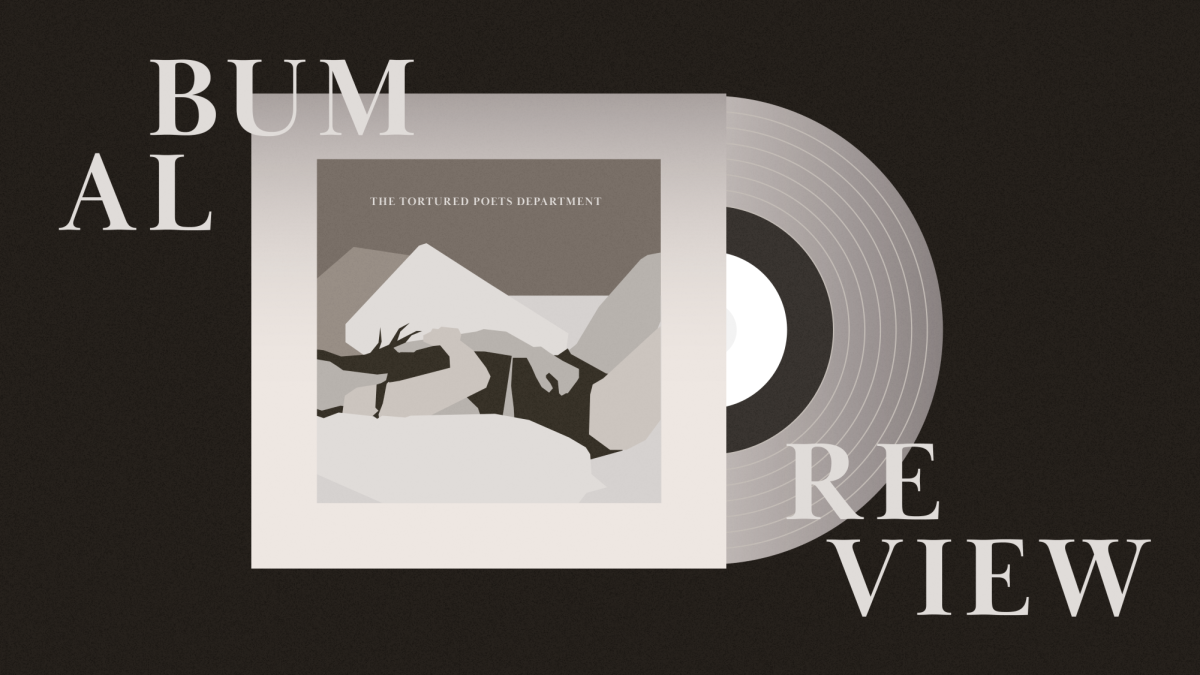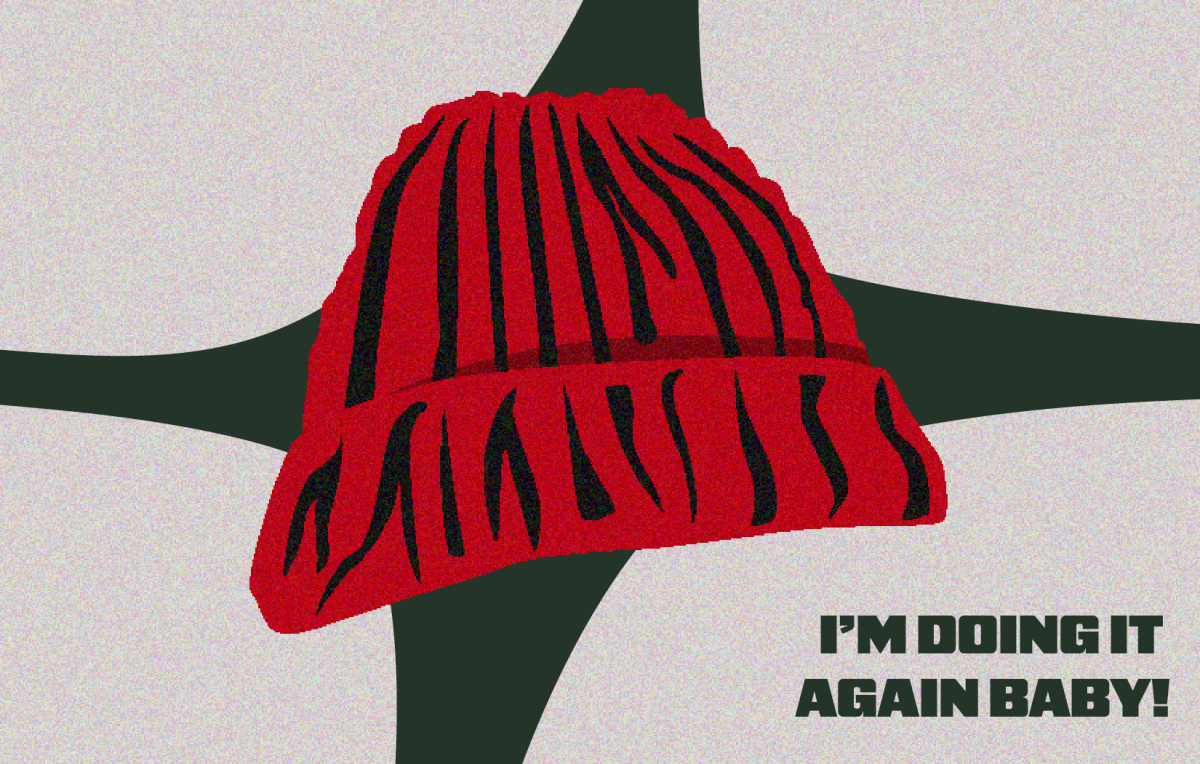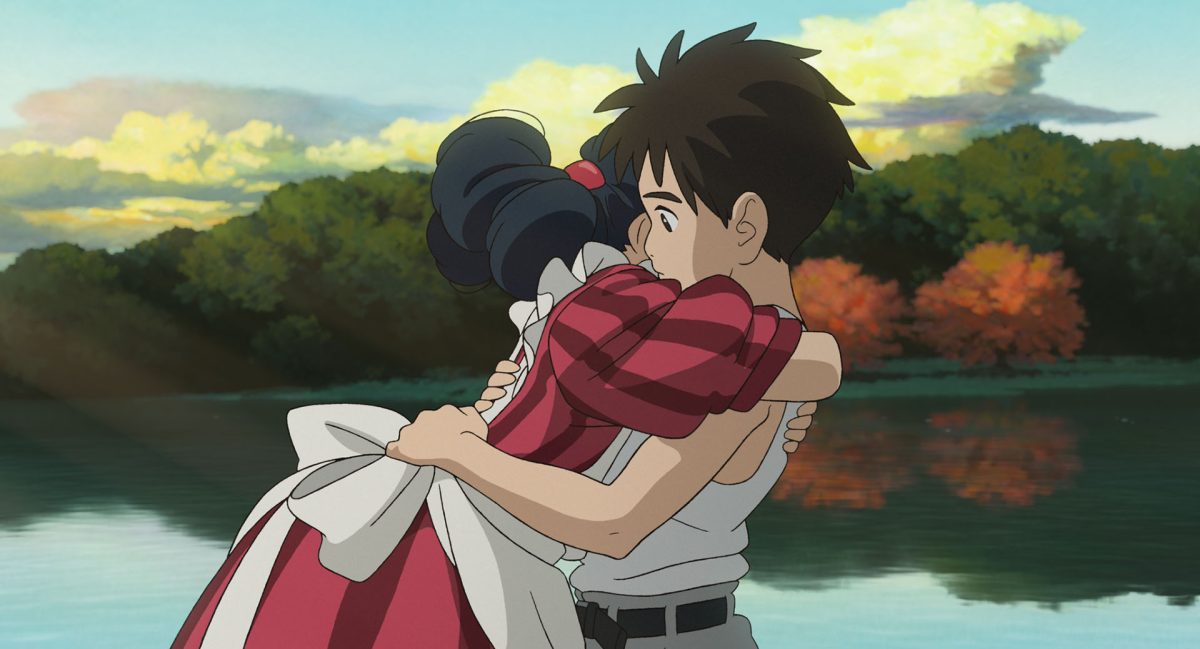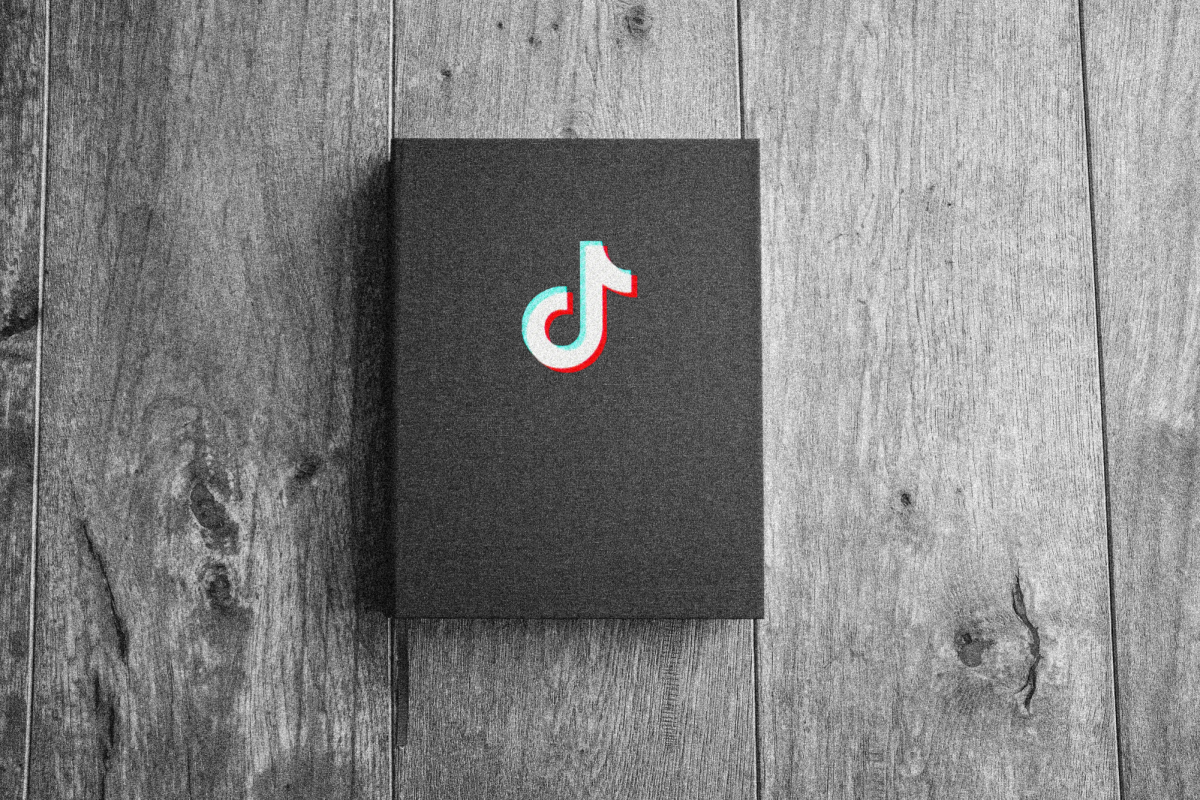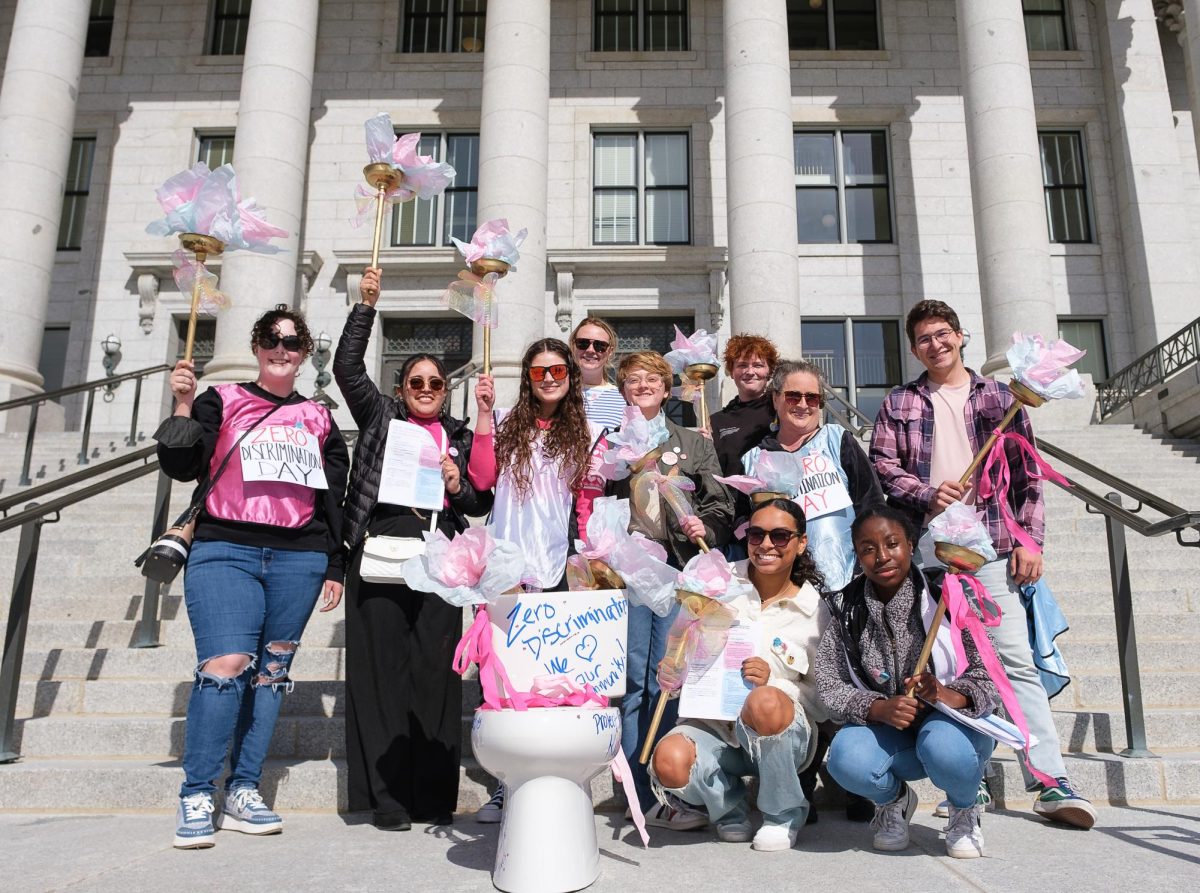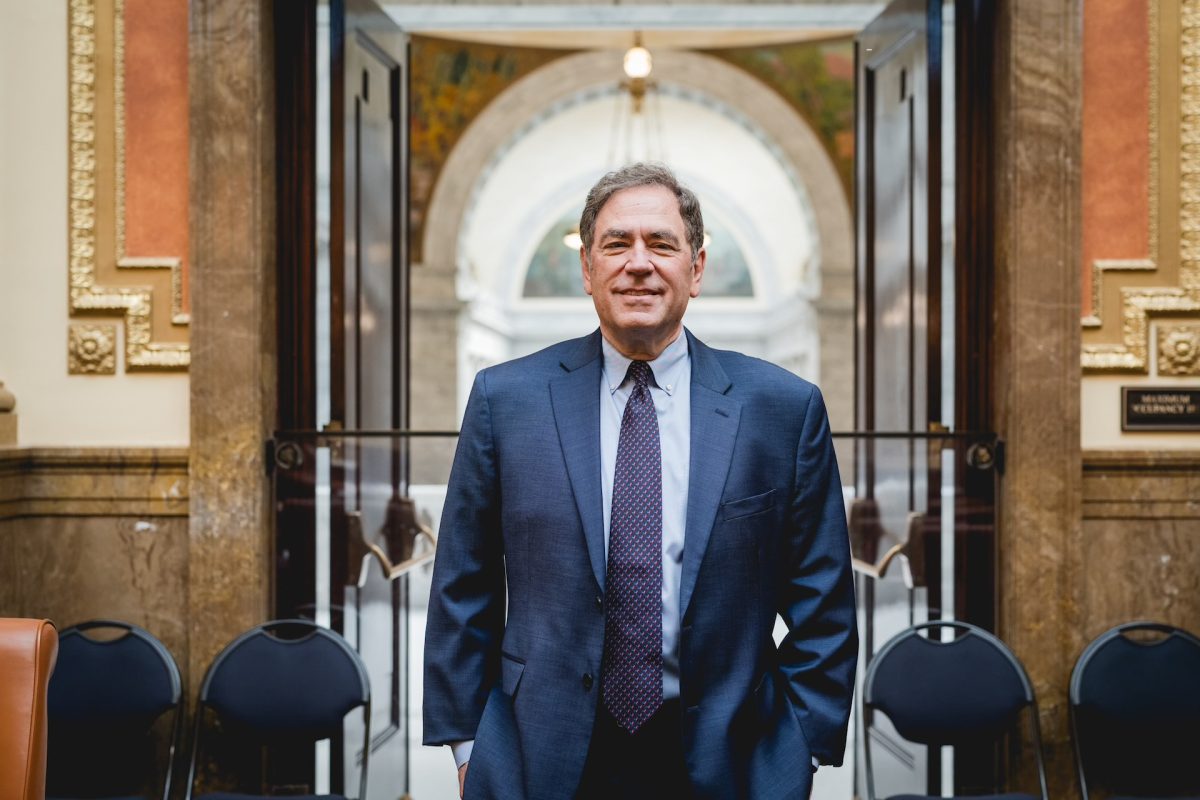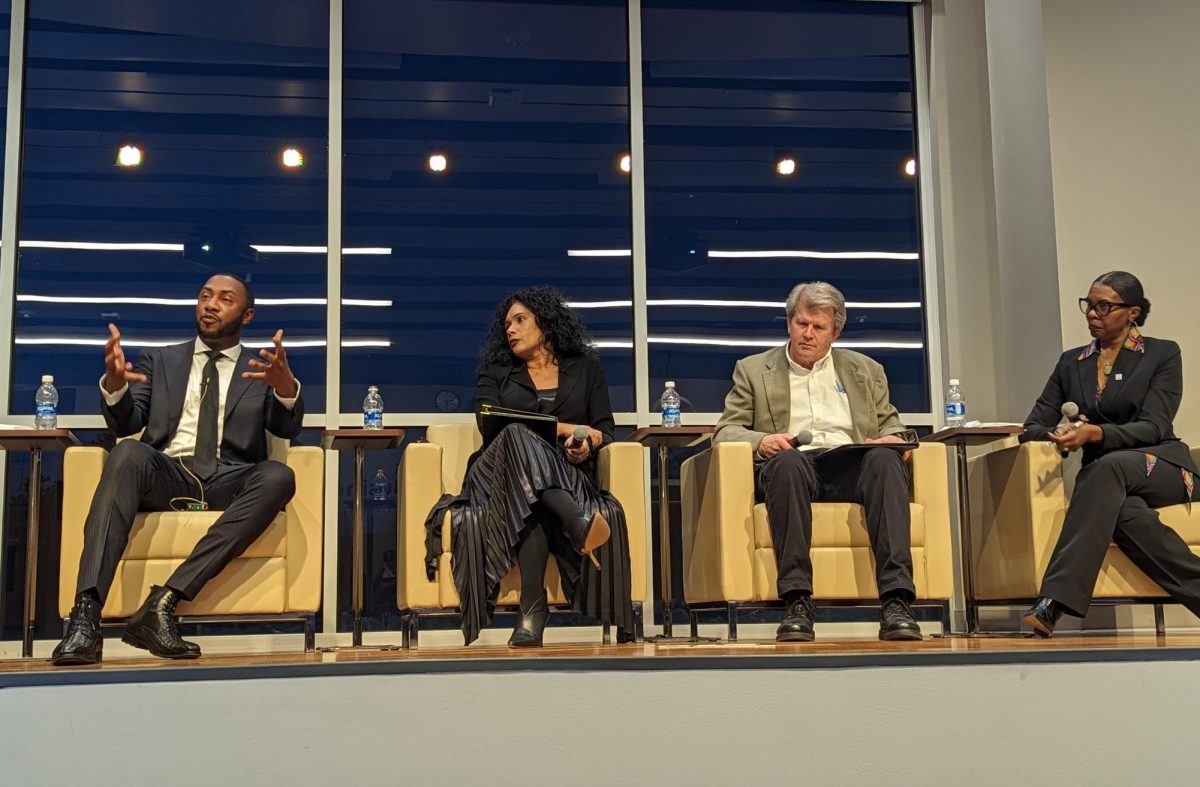 Initially, Lornie Pinnecoose may seem like your typical college sophomore, but if you look deeper there is a lot more to him than you see at first glance.
Initially, Lornie Pinnecoose may seem like your typical college sophomore, but if you look deeper there is a lot more to him than you see at first glance.
He is a soft-spoken man who is direct and to the point. Like many underclassmen, he hasn’t declared a major, though he’s considering health promotion and education. The 6’2” Hunter High School graduate helped the Wolverines win a basketball state title in 2004, playing guard and forward alongside U football standouts Matt and Sean Asiata.
Pinnecoose, an avid sports fan, wants to give back to the youth of his community through athletics and service. Pinnecoose is an American Indian from the Ute tribe, and one of two currently taking classes at the U.
“I’ve always been the only representative in my tribe at the schools I’ve been in the past,” Pinnecoose says. “It’s probably different for other tribe members that grew up on the reservation though.”
Pinnecoose identifies as an “urban Ute” because he didn’t grow up on the reservation. He has lived in Salt Lake City since he was four years old. His pride in his heritage is apparent. His wardrobe is filled with Pendleton designs, and he keeps sweet sage in his car for protection while traveling. His family moved to Salt Lake City so his father could find employment.
“Growing up off the reservation, there was more opportunities in sports and recreation and more diversity,” Pinnecoose says.
Being a student of Ute heritage is pretty much the same as every other student at its core: reading texts, writing reflections, making classes on time, studying for exams, and paying for books and tuition.
Pinnecoose drove me, along with his niece and nephew Zoe and Little Joe, to the Uinta Ougray reservation on a sunny Thursday morning in October. The two and a half hour trip was beset on all sides by the beauty of Utah wildlife and scenery. We passed steep mountains, rustic farms, clear water lakes, and hidden valleys on our way to the Ute tribe reservation.
The Uintah and Ouray reservation is in Fort Duchesne off Highway 40 around 150 miles east of Salt Lake City. According to the tribe’s website, the reservation covers more than 4.4 million acres in northeastern Utah and is the second largest in the United States.
The Utes have a tribal membership of about 3,200, half of whom live on the reservation. The tribe operates its own government and several businesses on the reservation, including a bowling alley, grocery stores, gas stations, Ute Indian Tribal Feed Lot, Uinta River Technologies, and Ute Tribal Enterprises LLC and Water Systems. A large percentage of the reservation’s revenue comes from oil, natural gas mining, and cattle raising.
Pinnecoose’s immediate mission on this trip was to get his hunting tags for this year’s big game season. He hunts deer and elk.
“The tribe is very organized when it comes to hunting and fishing,” he says. His secondary and more significant mission was to share his love and admiration for his people and their way of life.
One of the events on the reservation he looks forward to is the annual “Tri-Ute Games.” Ute boys and girls ages nine and up from Northern, Southern, and Mountain regions compete in Olympic-like contests, including track and field, basketball, archery, and volleyball.
“The main goal,” Lornie says, “is to bring the youth together to collaborate in a positive way.”
The reservation also boasts a youth football team named the Little Utes. The team plays in Roosevelt, Duchene, and Altamont. “I would like to see more of the University of Utah players [present themselves] as role models,” says Faeleen Taveapont, an administrative assistant on the reservation. “We also need more teachers, more tribal teachers,” she says. “It is more of a struggle [these days] to get youth into traditions with video games and the Internet … it’s important to keep traditions so you don’t lose your identity.”
Bo Chapoose, the assistant recreation director, helps provide programs for youths and adults. She feels like the issues on the reservation mirror the issues off the reservation when it comes to sedentary lifestyles. Outside of basketball and football, “it’s hard to get interest in sports programs, and even then, the effort is sometimes lacking,” she says.
“The kids often ask about the time and make small complaints because they’d rather be home [in many cases],” she reports. “It is sometimes difficult to get interest from parents.”
The organization and community efforts don’t begin and end with sports. The Tri-Ute Leadership conference at Fort Lewis College in Durango, Col. offers college prep seminars, workshops, and support for American Indians who wish to go to college.
“Our tribe has great athletes, but some hesitate to go to college for lack of knowledge about scholarships and fear of the unknown,” Chapoose says. That’s why student leaders and role models such as Pinnecoose step in.
Being a college student has opened doors to many possibilities. Pinnecoose aspires to host the annual Ute Games on the main campus. In the future some tribal leadership positions may be available to him as well, if he chooses.
“It’ll most likely be in health and wellness,” he says.
While Pinnecoose is well known on the reservation through his father (who also played basketball competitively) and his athletic accomplishments, a bachelor’s degree from the state’s flagship institution will only solidify his status as a community leader and activist. Pinnecoose is a student who personifies what the U stands for — in more ways than one.


